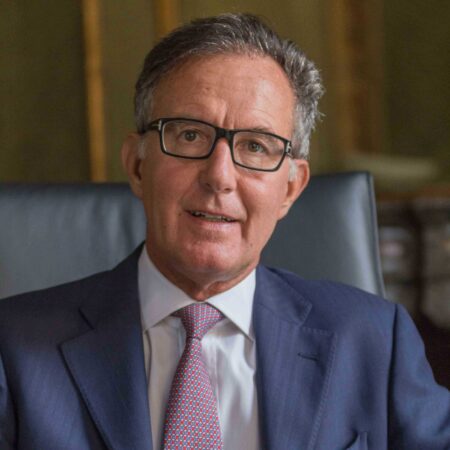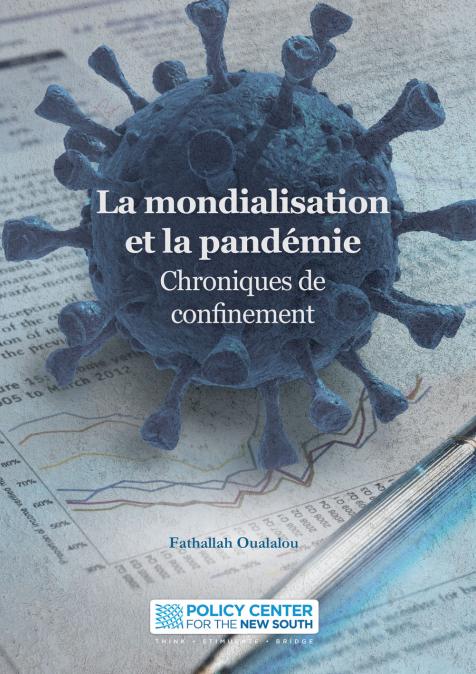The interconnectedness and interdependence between countries around the world resulting from the rise of globalization has become a double-edged sword. On the positive side it has influenced socio-economic development, but it has also led to uncertainties that disrupt societies in terms of their social, political, and economic structures. How COVID-19 has disrupted the geopolitical landscape? Are existing institutions well equipped to steer the international response? How can global flows and value chains be protected from collapsing? Moderator : Ian Lesser, Vice President & Executive Director, Brussels, German Marshal Fund of the United States Speakers : - Bronwyn Bruton, Director of Programs & Studies, Atlantic Council - Paolo Magri, Executive Vice President and Director, Italian Institute for International Political Studies (ISPI) - Zhou Yuyuan, Senior Fellow, Shanghai Institutes for International Studies











